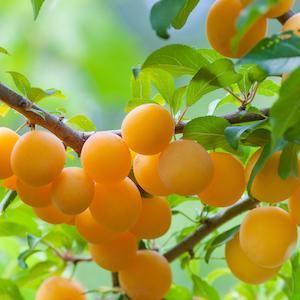Comedy is an excellent tool for pointing out the absurdities of society.
Several years ago, Penn & Teller did an episode of Bullsh**! that examined the claims made by organic food enthusiasts. (See a clip here.) Though they didn't conduct a publication quality scientific experiment, they showed (rather convincingly and quite hilariously) that the average food snob simply can't tell the difference between conventionally grown food and organic food.
Their prank has been replicated by others. In one video, two guys attended a foodie convention and presented guests with a new "organic" alternative to fast food. The guests went on and on about how wonderful it was, completely oblivious to the fact that they were eating chicken nuggets and other food from McDonald's.
At the very end of the video, they presented their conclusion (translated from Dutch): "If you tell people that something is organic, they'll automatically believe it's organic." Indeed.
Farmers Busted for Marketing Conventional Crops as Certified Organic
Three farmers in Nebraska just plead guilty to a food fraud scheme in which they were selling conventionally grown corn and soybeans as organic. They pulled off this scheme from 2010 to 2017 and made nearly $11 million in the process. How could they get away with it for so long?
For starters, nobody can tell the difference between conventional and organic food. It's not as if organic corn and soybeans look, smell, or taste differently compared to their conventional counterparts. So, the only way to catch food fraud is by doing a chemical analysis. In this case, the analysis would look for the presence of pesticides that are banned according to organic agriculture's (completely arbitrary) rules.
These rules are supposedly enforced by the National Organic Program (NOP), which is part of the USDA. Obviously, it isn't doing a particularly good job. According to the Washington Post:
"[T]he [organic food] system suffers from multiple weaknesses in enforcement: Farmers hire their own inspection companies; most inspections are announced days or weeks in advance and lack the element of surprise; and testing for pesticides is the exception rather than the rule."
In other words, the USDA's policy is just to trust farmers and suppliers if they say their food is organic. As a result of such a lax attitude toward regulation, food fraud occurs, not just with homegrown crops but with imported ones, as well.
The organic industry is built upon a gigantic lie: that is, the notion that "natural" farming methods are safer and healthier while "unnatural" methods are dangerous. Worse, the organic industry perpetuates a myth that it does not use pesticides, when it absolutely does. It should surprise no one, therefore, that such a deceptive industry would attract its fair share of hucksters.




